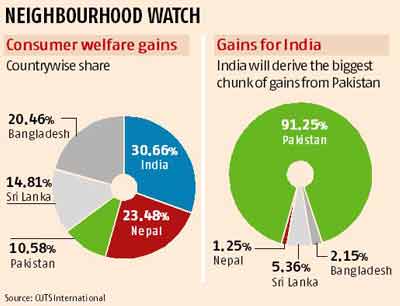Oil traders are relying on an unwitting ally, OPEC, to help them quietly exit what experts say is one of their most lucrative gambits ever — storing vast oil supplies at sea to sell later for profit.
Trading firms like Koch KCHIN.UL and Vitol have sold millions of barrels from supertankers into the United States over the past month to cash in after crude prices doubled since winter, tanker brokers told Reuters.
The oil sold ashore has gone almost unnoticed, offset by output cuts by the Organization of the Petroleum Exporting Countries that allowed traders to unload tankers without causing a tsunami of U.S. oil imports that would crash prices.
U.S. imports, including sales from the tankers, rose 3 percent to 9.3 million barrels a day last week, still below an average 9.4 million bpd this year.
OPEC and crude traders are often at odds, with OPEC blaming speculators for wild oil price swings. But the tidy sell-off of seaborne crude shows how their interests can also align, and how each side anticipates the other’s moves.
With supply cuts, OPEC sought to deplete the oil stocks at sea and boost prices. Traders waited for the OPEC cuts to take effect before discharging their stashes of stored oil.
Trading firms have sold about 30 million barrels from supertankers since April, when crude stocks at sea rose to record levels above 100 million barrels, tanker brokers said. About 70 million barrels are still floating, they said.
“There’s now less oil in floating storage than there was 1 to 2 months ago, due to OPEC cuts and to increased refining,” one firm keeping oil at sea said, requesting anonymity.
Traders should sell another 15 percent of floating supplies by late July, based on tanker charter data obtained by Reuters.
Each supertanker cargo of 2 million barrels is enough to fuel California for a day.
The sales unwind positions held by Koch, Vitol, Shell (RDSa.L), Glencore, BP Plc (BP.L) and others who cashed in on storage in the first quarter, when premiums surged for holding oil off the market.
OPEC NOW HAS INCENTIVE TO CHEAT
Ocean storage is now less attractive after oil prices for near-term delivery rose, reducing a so-called contango. A monthly premium of $8 to hold barrels in February has narrowed to 80 cents. That’s less than the $1 a month it costs to keep a barrel at sea.
“For a while there, storing oil was a license to print money,” said Stephen Schork, author of the Schork Report on energy. “Now it’s less profitable, so oil is being sold ashore. It’s Economics 101.”
By mostly complying with output cuts of 4.2 million agreed since late 2008, OPEC, which pumps a third of oil supplies, has allowed storage barrels to flow ashore even as global fuel demand fell amid a recession.
“OPEC’s whole idea in bringing production down has been to draw oil out of storage and lower import levels,” said Roger Diwan, a partner at PFC Energy in Washington.
U.S.-bound oil exports from the Gulf, OPEC’s cradle, have recently fallen by about a third, according to George Los, an analyst with tanker broker C.R. Weber.
U.S. imports from OPEC kingpin Saudi Arabia, the largest exporter, have plunged to their lowest level in 21 years, according to government data. At 967,000 bpd in March, they were less than half of historic highs.
A major U.S. crude buyer told Reuters that Saudi exports to the United States don’t appear to have risen since March. U.S. oil imports from West African and Latin America, home to other OPEC nations, also haven’t risen noticeably, the buyer said.
OPEC may be boosting shipments to East Asia, but that hasn’t interfered with sales from offshore, since most tankers storing crude are floating near the United States and Europe.
OPEC hasn’t officially discussed ending output cuts, but members could open the spigots more and make it harder for traders to unleash more oil from tankers.
“With oil at $70 and a narrow contango, OPEC now has a much bigger incentive to cheat,” Schork said.
Oil trading profits are hard to track. But analysts say the crude contango probably helped several firms book billions in collective profits since late 2008.
Koch, Shell and Vitol — which held the largest floating stocks — declined comment on their storage positions or trading gains. BP has said crude storage plays helped it gain $500 million in trading profits during the first quarter alone.
Source: news.chemnet.com








